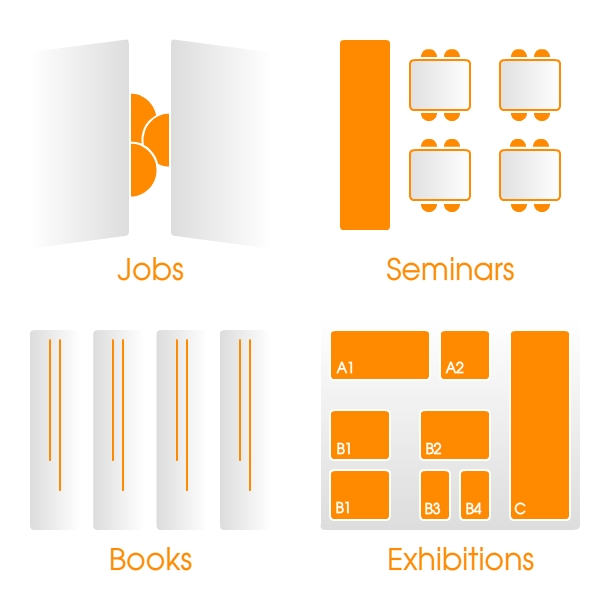
Comment devenir des citoyens du monde grâce aux projets interculturels et aux technologies de l'information et de la communication : l'avis de lycéens britanniques, retranscrits par Shaheen et Kit.
Shaheen : We’d like to begin by talking about our experiences as students in a school with access to a wide range of technology and strong international links.
Kit : Mrs Griffin’s involvement in ICT in effect has meant that we have had an abundance of resources available to us. Even during our short time at the school, the world of ICT has changed so much, and so we believe schools have a responsibility to prepare students for the future. In this way school leadership must be more challenging and complex than ever before, in order to equip us with the skills required for potentially drastic changes, and jobs that may not even exist at the moment. Speaking of which, in 10 years time, we will be working, what will the ICP look like?
Shaheen : Having Mrs Griffin as head of the ICP definitely has its perks for us, the students. Since she has been able to share knowledge with other ICP principals, Mrs Griffin has been able to bring ideas from across the world back to our school. For example, some of the ideas for our new school building were inspired by those in other countries. Last year, I was also fortunate enough to go all the way to Beijing for a conference held by the SSAT. The trip included visits to various schools in the city, which opened my eyes to a whole new way of learning.
Kit : More recently, I attended the ACEL conference in Melbourne. This too was a fantastic experience. Having had these sorts of opportunities open to us, myself and my peers are now more able to distinguish between what is going well and what can be improved in our school.
Shaheen : We feel more and more students should have the chance to broaden their insight in this way. Having said this, we do recognise it is not always possible for the entire student body to travel half way across the world. However, we feel that should the ICP and the schools they represent use the technology they have to its optimum our international links can only get stronger.
Kit : We do understand that the use of technology can only take us so far. Not every school in the world has the resources to be able to partake in a video conference, for example. This does not mean we do not wish to make links with such countries; in fact, we would like quite the opposite.
Shaheen : We would like stronger links with schools in the developing world to achieve a more consistent level of education from an international perspective. We hope that sharing the good practise in this way, will assure it is not just a case of ‘the good getting better’, but instead an opportunity to achieve greater quality within education on a global scale. Not only do we have a lot to offer, but there is huge scope for learning on our part. Therefore, we would like the ICP to extend its welcome to as many countries as possible.
Kit : Something we feel the ICP should focus on is ensuring that every student is in a school that aims to really close the gap between the advantaged and disadvantaged. Through the work of the ICP, we would like to see education used as a tool to break down international barriers. As a student, it is not enough in this day and age to simply be told about other cultures in your odd citizenship lesson. Interacting with other parts of the world, in our opinion would be a better way to educate us on the importance of being accepting, whilst also raising our awareness of the way other people live. This dialogue would hopefully conquer divisions, as it has done at our school.
Shaheen : Greenford High is very multicultural: we have students who have lived in London for years, and those who have just come to the country to seek refuge. It’s great that we can all get along so well.
Kit : Education in this sense will go even further beyond the curriculum. Students will not only become better citizens within their own country, but also in a more global way.
Shaheen : We should, in effect, feel a sense of belonging not only to our own school, but to the network that we hope the ICP will have extended.
Kit : Ultimately, as education is centred on students, what we would most like is for students to feel as much a part of the ICP as you do.
 Dans son livre : "Virage européen ou mirage républicain? Quel avenir voulons-nous?", Nelly Guet démontre la sclérose du système éducatif français et fait des propositions européennes.
Dans son livre : "Virage européen ou mirage républicain? Quel avenir voulons-nous?", Nelly Guet démontre la sclérose du système éducatif français et fait des propositions européennes.


